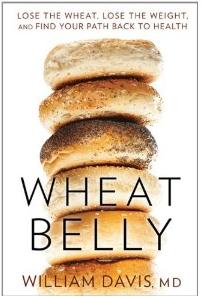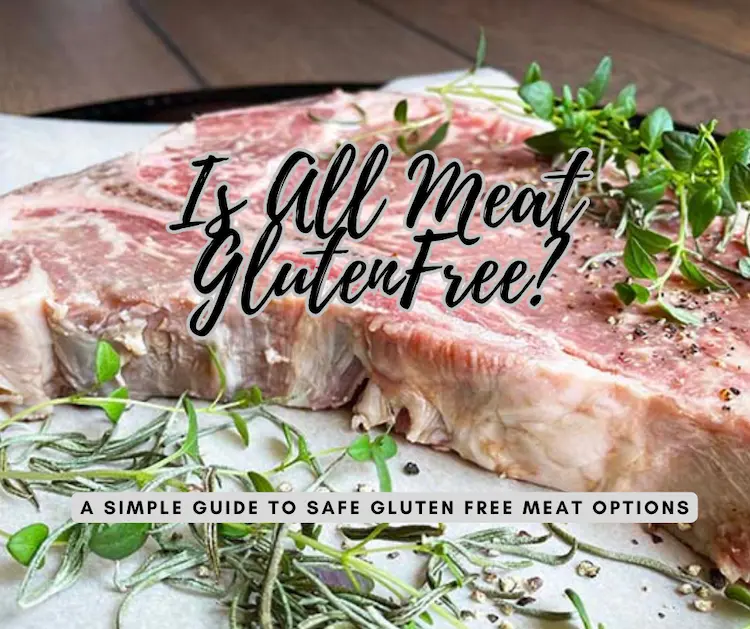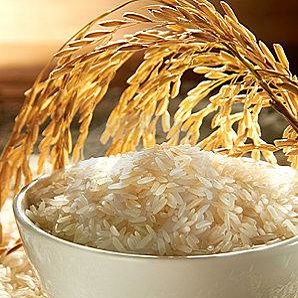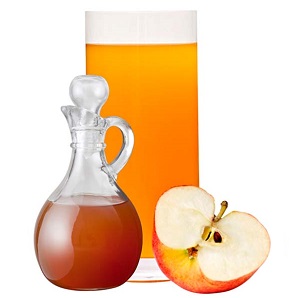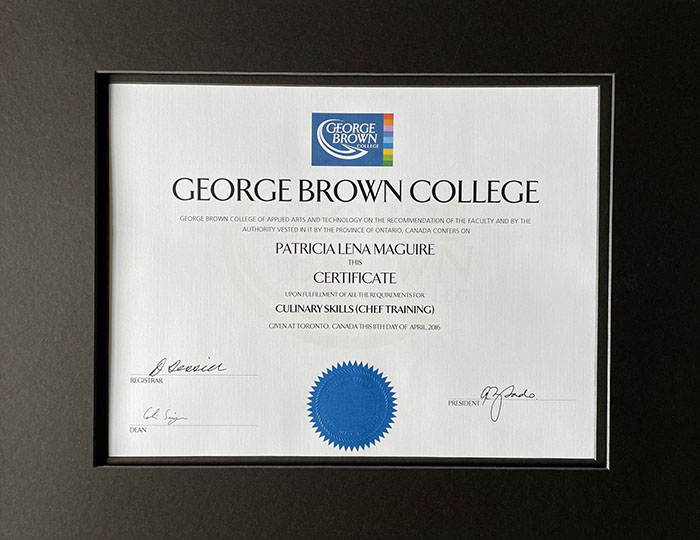- Home
- Books on Celiac Disease
- Wheat Belly
Wheat Belly
Lose the Wheat, Lose the Weight and Find Your Path Back to Health
|
Author: William Davis, M.D. Rodale Books; 1 edition (August 30, 2011) |
I did not receive a free copy of this book and I was not asked to review it. It's here because I view it as a useful resource.
If you want to buy it, click the photo or the link to Amazon. I will earn a small commission, at no cost to you.
Review
Wheat Belly: This has been a very controversial book, though I would say definitely worth a read.
Davis makes the case, supported by extensive studies and his own clinical practice that everyone should give up wheat because everyone to some degree is intolerant. It’s not just the gluten, though that’s a big part of it; it’s our bodies’ inability to handle the other non-gluten proteins in wheat as well as the specific types of complex carbohydrates and the resultant blood sugar spike. “Eating two slices of whole wheat bread is really little different, and often worse, than drinking a can of sugar sweetened soda or eating and sugary candy bar” says Davis.
He goes on to explain how the wheat we eat today is very different even from the wheat of 50 or 60 years ago that our grandparents ate. Wheat has been bred for higher yield; shorter stocks and larger heads. This selective breeding has changed the protein structure and made it far more complex than the wheat our ancestors consumed.
Davis then details the many, many manifestations of wheat “intolerance” on our bodies. He talks of the endorphin effect which causes a high when we consume wheat products and also causes the cravings and other sometimes severe withdrawal symptoms when we try to go without. Wheat affects our brain, causing difficulty concentrating. It causes weight gain, that protruding belly that we commonly see these days is a "wheat belly". Wheat also causes skin issues like acne and other rashes, joint pain, and heart disease. He backs all of this up by citing many epidemiological studies of civilizations that do not consume wheat and seem to be absent of these conditions.
The last sections of Wheat Belly are actual diet advice and recipes. This is of course very helpful because, as you know if you’ve gone gluten free, eliminating wheat can definitely leave you with a feeling of “what CAN I eat? The thing that I found a bit confusing though, is that the diet he recommends is basically a low carb diet. He says not to replace the wheat in your diet with other refined carbohydrates like rice and corn flour or you won’t see the weight loss. Sounds a lot like Atkins, or the Specific Carbohydrate Diet repackaged to me. Although I absolutely agree with the advice, whole foods are best, refined flour should be avoided, I wonder if it doesn’t dilute the Wheat Belly message a bit.
The other subject that’s not covered in the Wheat Belly is that of fermenting grains. There is a growing “fermentation” movement that takes the position that fermentation breaks down the protein structure to make it more tolerable. Though not covered in the book, Davis does speak to this in a subsequent interview http://www.fathead-movie.com/index.php/2011/09/21/interview-with-wheat-belly-author-dr-william-davis-part-two/. He states that fermentation can make wheat more tolerable, but it’s taking a bad thing and making it a little less bad, not making it good or harmless.
So what Is the average person to believe? Of course for us celiacs wheat is a proven enemy, but what about the rest of the population who are suffering from various digestive issues along with obesity, skin rashes, autoimmune problems etc. Is it the wheat like Dr. Davis reports? Is it the sugar like Dr. Robert Lustig’s research shows and he reports in his book “Fat Chance”1. Is it all grains like the advocates of the Paleo Diet say? Is it all starches like the advocates of the Specific Carbohydrate Diet tell us? What about the toxins in our food caused by the industrial food chain? What about red meat, do the vegetarians have it right? No wonder we’re all fat, sick and confused. You just can’t get one good answer that isn’t contradicted by a whole other panel of experts. And supporters of each school of thought will provide a graph showing the increase of chronic disease correlates perfectly with increased consumption of their chosen demon.
My opinion? I’m not an expert of course. I’m not a doctor or a nutritionist, but I’ve read a lot on the topic. I think it’s a perfect storm. So much has changed in our food supply in the last hundred years that our bodies, which have taken millennia to evolve alongside our food, just can’t adapt. Maybe bread in all forms is not the enemy but I suspect a bread that contains 30 ingredients rather than the original 4 (flour, salt, water, yeast) may be problematic and certainly in the quantities that we eat it. The same with sugar and other starches; perhaps a healthy diet for a healthy person does not require total elimination, but certainly the processed foods with all their unpronounceable and unnecessary additives should be. Meat? Well we know that our ancestors have been eating meat for a long time and our digestive systems are designed to digest meat. But perhaps not in the quantities that we do today and certainly not with the pesticides and hormones and antibiotics that are fed to the animals that we eventually eat.
My advice? I think the best thing we can all do is to clean up our diets. Eat mostly whole foods; organic produce and properly pastured meats where possible. Get rid of the processed junk and refined sugar. I truly believe that these steps would solve the majority of problems. From there, each person launch their own investigation. Eliminate what you think may be causing you trouble for at least a few weeks. Then add it back in and see what happens. Chances are if the eliminated food is the culprit, you’ll react right away. From there you can tailor your own diet to suit your own needs...with or without a Wheat Belly
Home > Gluten-Free Lifestyle > Reading and Resources > Wheat Belly
1. Fat Chance: Beating the Odds Against Sugar, Processed Food, Obesity, and Disease, Robert Lustig M.D.; Hudson Street Press; 1 edition (Jan. 1 2013)
